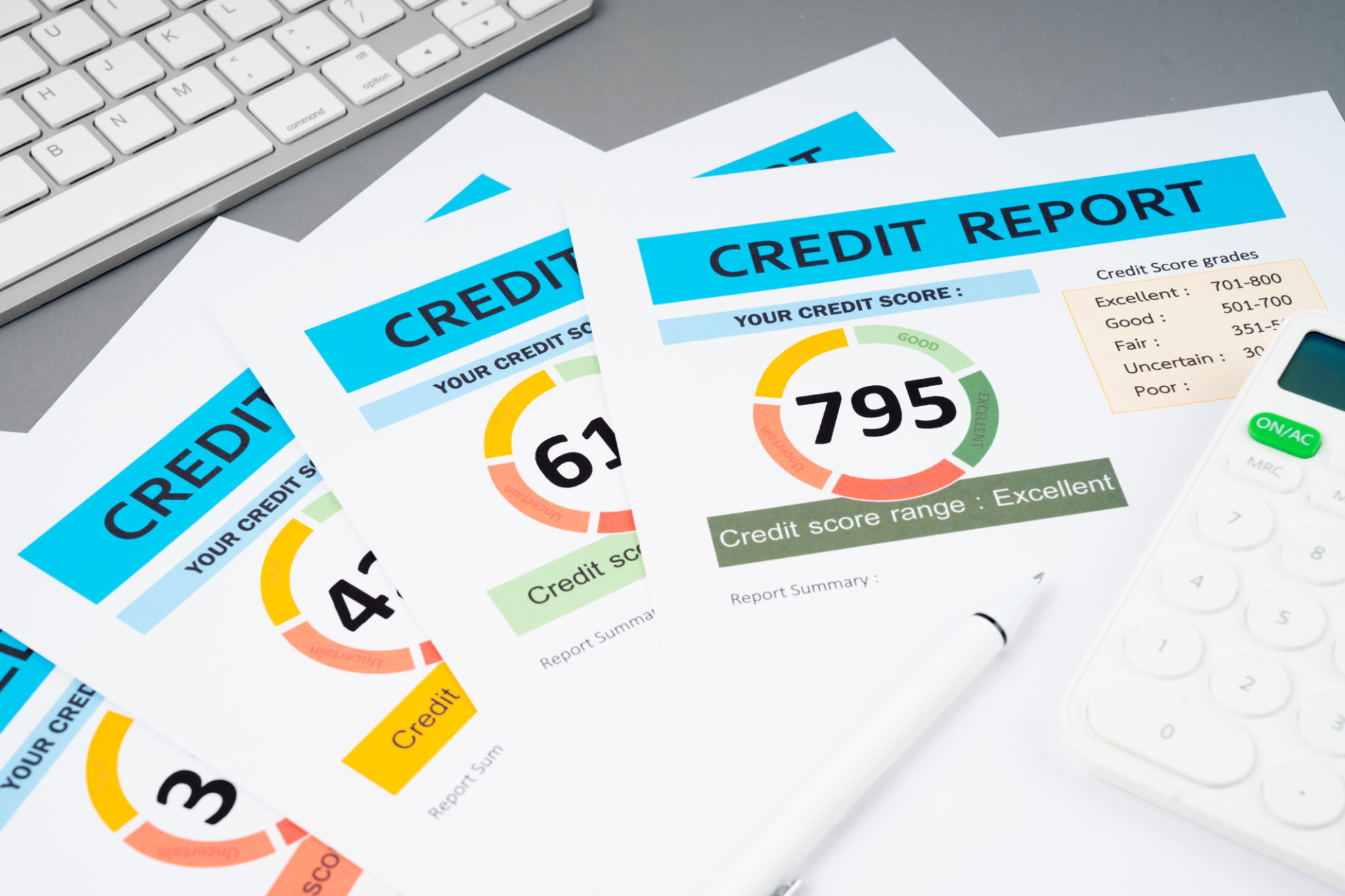How to Improve Your Credit Score in Baytown: A Step-by-Step Guide
Understanding Your Credit Score
Improving your credit score is a crucial step towards financial stability and achieving your financial goals in Baytown. A good credit score can lead to better interest rates on loans, easier approval for rental properties, and even job opportunities. But how is your credit score determined? It mainly consists of payment history, amounts owed, length of credit history, new credit, and types of credit used.
Knowing where you stand is the first step to improvement. You can obtain a free credit report annually from each of the three major credit bureaus: Equifax, Experian, and TransUnion. Reviewing these reports will help you identify areas that need attention.

Review and Dispute Errors
Once you have your credit report, meticulously go through it to check for errors. Mistakes on credit reports are not uncommon and can negatively impact your score. Look out for incorrect personal information, accounts that don't belong to you, and inaccurate account status.
If you find any errors, dispute them immediately. Contact the credit bureau that provided the report and provide documentation to support your claim. The bureau is obligated to investigate and rectify any confirmed inaccuracies.
Pay Your Bills on Time
Your payment history is the most significant factor in determining your credit score. Consistently paying your bills on time will have a positive impact. Consider setting up automatic payments or reminders to ensure you never miss a due date.
If you've missed payments in the past, focus on making all future payments on time. Over time, this consistency will help improve your score.

Reduce Outstanding Debt
Another critical factor in your credit score is the amount owed. Reducing your debt load will not only boost your credit score but also relieve financial stress. Start by paying off high-interest debts first and then tackle smaller ones.
Creating a budget can help you manage your payments effectively. Allocate a portion of your monthly income to paying down debts while ensuring you cover essential expenses.
Limit New Credit Inquiries
Each time you apply for credit, a hard inquiry is made on your report, which can temporarily lower your score. Be strategic about applying for new credit and only do so when necessary.
If you're shopping for a loan or mortgage, try to do it within a short time frame. Credit scoring models usually treat multiple inquiries in a short period as a single inquiry, minimizing the impact on your score.

Maintain a Healthy Credit Mix
Diversifying your credit portfolio can also positively influence your score. A healthy mix of credit cards, installment loans, and retail accounts shows lenders that you can manage different types of debt responsibly.
However, avoid opening new accounts just to diversify. Instead, focus on managing existing accounts well and only take on new credit if it aligns with your financial goals.
Be Patient and Persistent
Improving your credit score is not an overnight process; it requires patience and diligence. Continue to monitor your progress by regularly checking your credit reports and scores.
Remember, every positive step you take contributes to building a stronger financial future. In Baytown or anywhere else, a good credit score opens doors to numerous opportunities and financial benefits.
